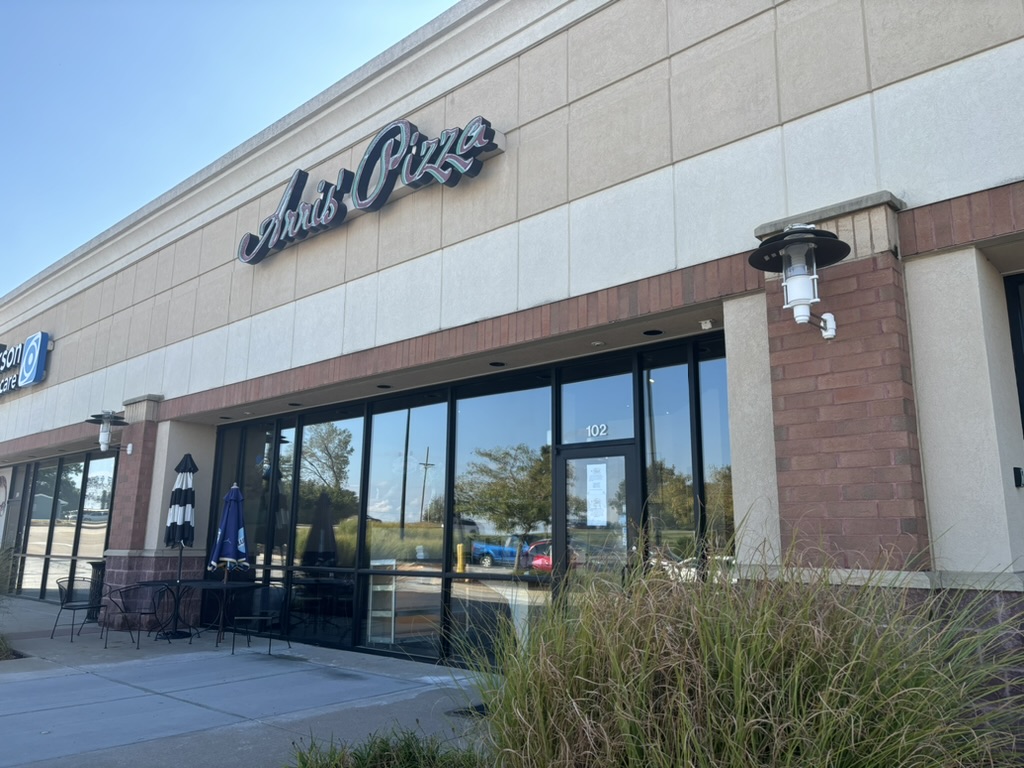With the end of the current fiscal year approaching, the City of Columbia has created and passed a new budget plan for fiscal year 2015, officially beginning Oct. 1. The budget will feature spending cuts, an increase in rates, and the overall goal of eliminating the deficit and reaching a balanced budget.
The city is looking to spend an estimated total $429 million and to pull in an estimated $399 million in revenue, according to the City Council Finance Services’ fiscal year 2015 budget report. In order to achieve this near-balance, a number of changes have been made to the deficit spending budget plans of the past.
“We used to do what’s called deficit budgeting, where we planned on spending more money than we would be taking in with the thought that we wouldn’t spend all of it, but we have moved toward a balanced budget and that’s a recent change,” Second Ward councilman Michael Trapp said.
To balance the budget, the city has had to increase sewer and electric rates and is looking at reducing the number of garbage bags that are distributed to citizens from 75 to 50, he said. In the past, Columbia has issued vouchers to residents that could be redeemed at local convenience, grocery and hardware stores for both black trash and blue recycling bags.
Each of the 53 city budgets function as their own separate entity and have funds that can only be spent on their specific area, Trapp said. With the solid waste budget in jeopardy, the city has had to determine how it can best improve the situation for the time being.
“We really talked about how we as a city can make sure that those who are generating more waste are paying their fair share, and those who are producing little waste and aren’t recycling as much are incentivized to do so,” First Ward councilwoman Ginny Chadwick said.
Trapp said this type of action item will affect citizens directly. The city will also be raising building rates, rental inspection fees and parking ticket fines to be able to hire more police officers. To keep up with population growth and to maintain the same ratio of police officers to citizens, the city is required to add three officers a year.
“The budget only includes money that we are sure to have, so it doesn’t include any potential tax or rate increases, like the public safety tax increase we are proposing,” Trapp said. “If we get that, then we’ll hire more police officers. If we don’t, we’ll stick with three.”
City Council is also seeking voter approval in the upcoming year for a development fee for roads, which would utilize a “tiered approach” to balancing the cost of new development and infrastructure, according to the Finance Services’ budget report.
Additionally, there would be a modified electric plan which would “replace and modernize” existing infrastructure, a storm water drainage project which would attempt to increase funding to fix failures before they occur and a “Renew Capital Improvement Sales Tax,” which would add another quarter cent onto the existing sales tax until December 2015.
The sales tax would be used with the hopes of updating fire stations and equipment, adding police precincts and improving road and sidewalk maintenance.
“With what we expect, as far as what taxes and fees we receive versus what we have approved to spend, we should have a balanced budget within the next few years,” Trapp said.
Voting for the implementation of the public safety tax, as well as the development fee for roads, will open in November.







